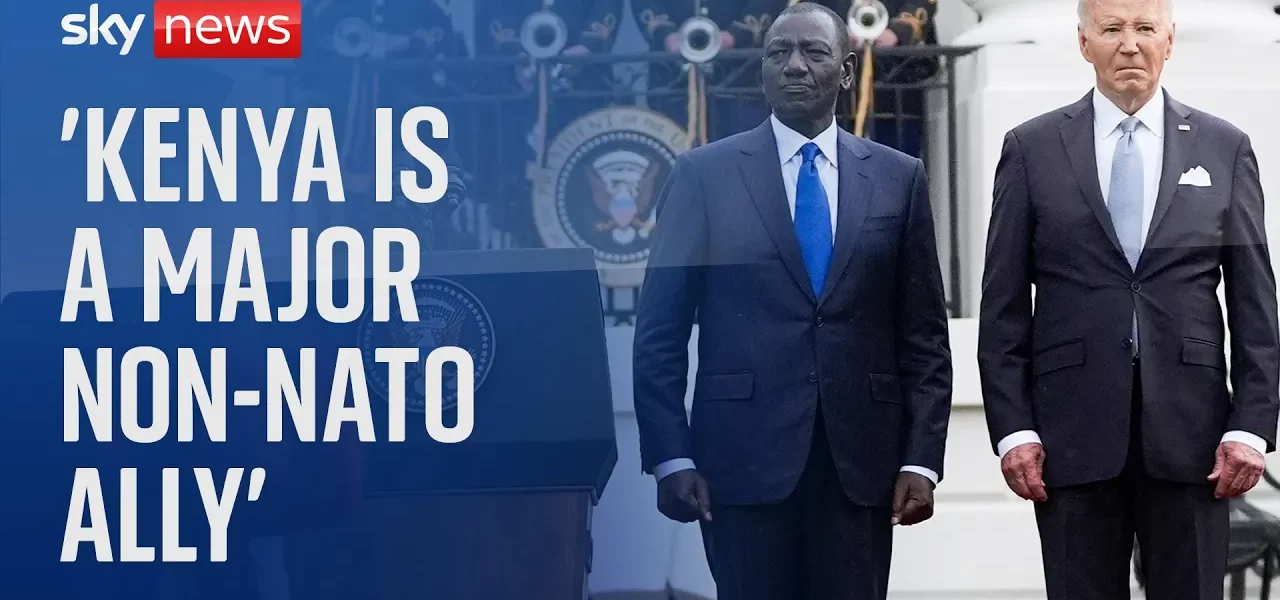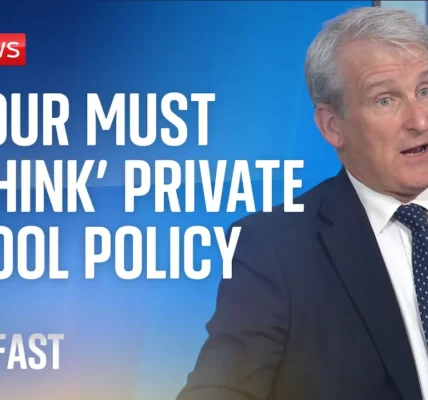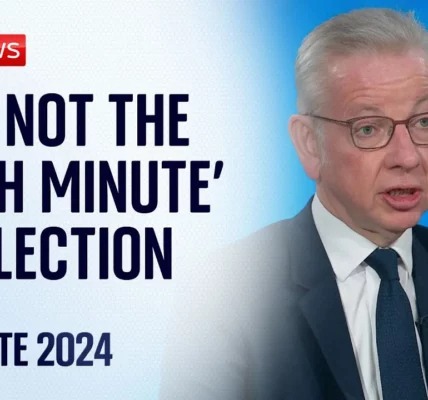Celebrating 60 Years of Partnership Between the United States and Kenya

This article explores the significant partnership between the United States and Kenya, highlighting key initiatives and commitments made during a recent address by President Biden and President Ruto, as they celebrate six decades of collaboration in democracy, security, and economic development.
Introduction
In a historic address, the leaders of the United States and Kenya came together to commemorate 60 years of their bilateral relationship, which is rooted in shared values such as freedom, democracy, and the rule of law. This partnership has evolved over the years, adapting to the changing global landscape and addressing various challenges. As both nations mark this milestone, they reaffirm their commitment to work collaboratively on pressing issues such as security, economic growth, and technological advancement.
Key Areas of Collaboration
The partnership between the United States and Kenya is multifaceted, focusing on four primary areas: security, economic cooperation, technological advancement, and democratic governance.
1. Security Initiatives
A significant highlight of the partnership is the designation of Kenya as a major non-NATO ally, enhancing collaboration in security matters. This move is a culmination of years of joint efforts in counterterrorism, particularly against groups like ISIS and Al-Shabaab. The leaders discussed the importance of:
- Joint counterterrorism operations to ensure stability in East Africa.
- Support for multinational security missions, including efforts in Haiti.
- Collaboration in promoting international peace and security.
2. Economic Cooperation
Biden and Ruto emphasized the need to deepen economic ties, focusing on growth strategies that benefit all layers of society. The Nairobi-Washington Vision was launched to address issues of debt and development, aiming to:
- Mobilize resources for countries facing economic challenges.
- Promote transparent and sustainable lending practices.
- Provide significant funding to international financial institutions.
This initiative underscores the importance of economic resilience, allowing nations to invest in their people without succumbing to crippling debt.
3. Technological Partnerships
Both leaders announced a new era of technological cooperation, focusing on:
- Collaboration in artificial intelligence, semiconductors, and cybersecurity.
- Expanding affordable internet access across East Africa.
- Educational exchanges, particularly in STEM fields.
Kenya is poised to become a leader in tech innovation, linking its supply chains to the United States and fostering growth in its burgeoning tech sector.
4. Commitment to Democracy
Lastly, the commitment to democratic governance was a cornerstone of the discussions. The leaders recognized the importance of:
- Strengthening civil society and protecting democratic values.
- Implementing reforms to combat corruption.
- Supporting the Kenyon diaspora community in the U.S.
These efforts aim to ensure that democracy delivers benefits to all citizens, fostering a more inclusive society.
Conclusion
The partnership between the United States and Kenya stands as a testament to what can be achieved when two nations work together towards common goals. As they celebrate 60 years of collaboration, both leaders are optimistic about the future, recognizing that the responsibilities they share will bring out the best in their peoples. Moving forward, it is crucial that they continue to meet these challenges together, ensuring security, promoting economic growth, and fostering democratic values. Together, they pave the way for a prosperous future not just for their countries but for the global community.
For ongoing updates on the U.S.-Kenya partnership and related initiatives, consider exploring our other articles on international relations and global cooperation.
“`




